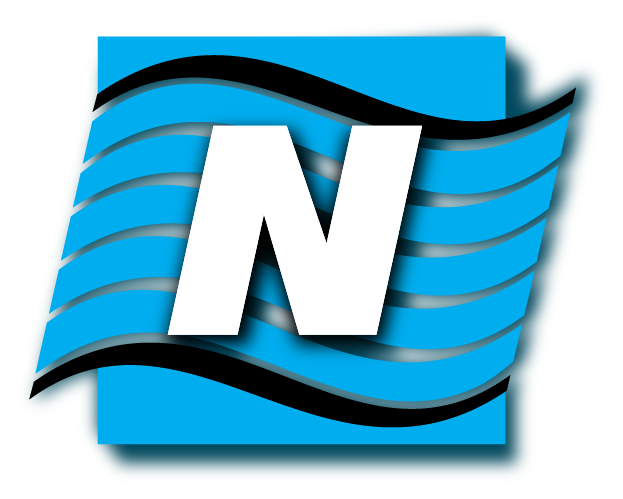
Advanced Training for Liquefied Gas Tanker Cargo Operations
Description of the course
Target group
This course provides training to candidates to be duly qualified under Section A - V/1-2 of the STCW code with specific duties for loading, unloading and care in transit or handling of liquefied gas cargoes. It comprises advanced training programme appropriate to their duties, including liquefied gas tanker safety, fire safety measures, pollution prevention, operational practice and obligations under applicable law and regulations. The course covers the competence requirements as given in the table under Section A-V/1-2-2 of the STCW Code adopted by the International Convention on Standards of Training, Certification and Watchkeeping for Seafarers, 1978 as amended in 2010.
This course provides training to candidates to be duly qualified under Section A - V/1-2 of the STCW code with specific duties for loading, unloading and care in transit or handling of liquefied gas cargoes. It comprises advanced training programme appropriate to their duties, including liquefied gas tanker safety, fire safety measures, pollution prevention, operational practice and obligations under applicable law and regulations. The course covers the competence requirements as given in the table under Section A-V/1-2-2 of the STCW Code adopted by the International Convention on Standards of Training, Certification and Watchkeeping for Seafarers, 1978 as amended in 2010.
Objectives of the course
Those successfully completing the Advanced training in liquefied gas tanker cargo operations course should be able to safely perform their duties for loading, unloading and care in transit or handling of cargo on liquefied gas tankers. They will make a safer and more effective contribution to the operation and control of the cargo on liquefied gas tankers, which will improve the ship's safety and provide greater protection to the environment in particular.
Those successfully completing the Advanced training in liquefied gas tanker cargo operations course should be able to safely perform their duties for loading, unloading and care in transit or handling of cargo on liquefied gas tankers. They will make a safer and more effective contribution to the operation and control of the cargo on liquefied gas tankers, which will improve the ship's safety and provide greater protection to the environment in particular.
Duration of the training course
The duration of the Advanced Training for Liquefied Gas Tanker Cargo Operations is 5 working days.
The duration of the Advanced Training for Liquefied Gas Tanker Cargo Operations is 5 working days.
Price
510 EUR.
510 EUR.
Certificate validity
Certificate is valid 5 years.
Certificate is valid 5 years.
Course contents
The Advanced Training for Liquefied Gas Tanker Cargo Operations covers the following topics:
The Advanced Training for Liquefied Gas Tanker Cargo Operations covers the following topics:
- Introduction;
- Overview of liquefied gas tanker design, systems, and equipment;
- Cargo pump theory and safe operation;
- Trim and stability, structural integrity and the effect of bulk liquid cargoes;
- Safety culture and management requirements;
- Safe procedures and checklists for cargo operations;
- Cargo measurements and calculations;
- Management and supervision of personnel with cargo-related responsibilities;
- Material Safety Data sheets and hazards control measures;
- Basic chemistry and physics relevant to safe carriage of liquefied gases;
- Use and calibration of monitoring and gas detection systems, instruments and equipment;
- Compliance with relevant rules and regulations;
- Safe working practices, risk assessment and personal shipboard safety;
- Emergency procedures and actions in case of collision, grounding, spillage, and envelopment;
- Medical first aid and pollution prevention.
Income requirements
To be assigned on Advanced Training for Liquefied Gas Tanker Cargo Operations, participant should present:
To be assigned on Advanced Training for Liquefied Gas Tanker Cargo Operations, participant should present:
- Valid identity document (passport/ID card);
- Seamen’s book;
- Certificate of "Advanced Training for Liquefied Gas Tanker Cargo Operations" approved by the Administration in accordance with STCW Code A-V/1-2-1 standards;
- “Oil, Chemical and Liquefied gas tanker familiarization” training course certificate approved by the Administration, in accordance with STCW Code A-V/1 p.2-7 standards requirements, which were in force until 31 December 2011.
Training approaches and equipment:
This course provides a comprehensive approach to learning, combining classroom lectures and presentations with hands-on training on the Liquid Cargo and Ballast Handling Simulator. The course includes written practical tasks, group work, demonstrations, and presentations.
This course provides a comprehensive approach to learning, combining classroom lectures and presentations with hands-on training on the Liquid Cargo and Ballast Handling Simulator. The course includes written practical tasks, group work, demonstrations, and presentations.
Location
Riga, Latvia
Riga, Latvia
Course limitations:
The maximum number of participants – 24 persons.
Practical lessons - 6 persons per 1 instructor.
The maximum number of participants – 24 persons.
Practical lessons - 6 persons per 1 instructor.
Approval
The course covers all subject areas recommended by IMO Model Course 1.05 “Advanced Training for Liquefied Gas Tanker Cargo Operations”, taking into account all STCW Convention Manila Amendments.
The course is certified by Latvian Maritime Administration.
The course covers all subject areas recommended by IMO Model Course 1.05 “Advanced Training for Liquefied Gas Tanker Cargo Operations”, taking into account all STCW Convention Manila Amendments.
The course is certified by Latvian Maritime Administration.

Meet the Experts Behind This Course
You might also be interested in following courses:
Check the course days on our calendar
Course in pictures:
Contact us

